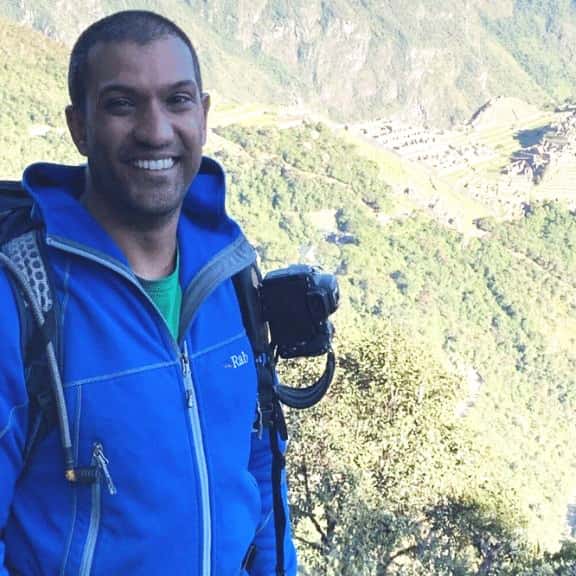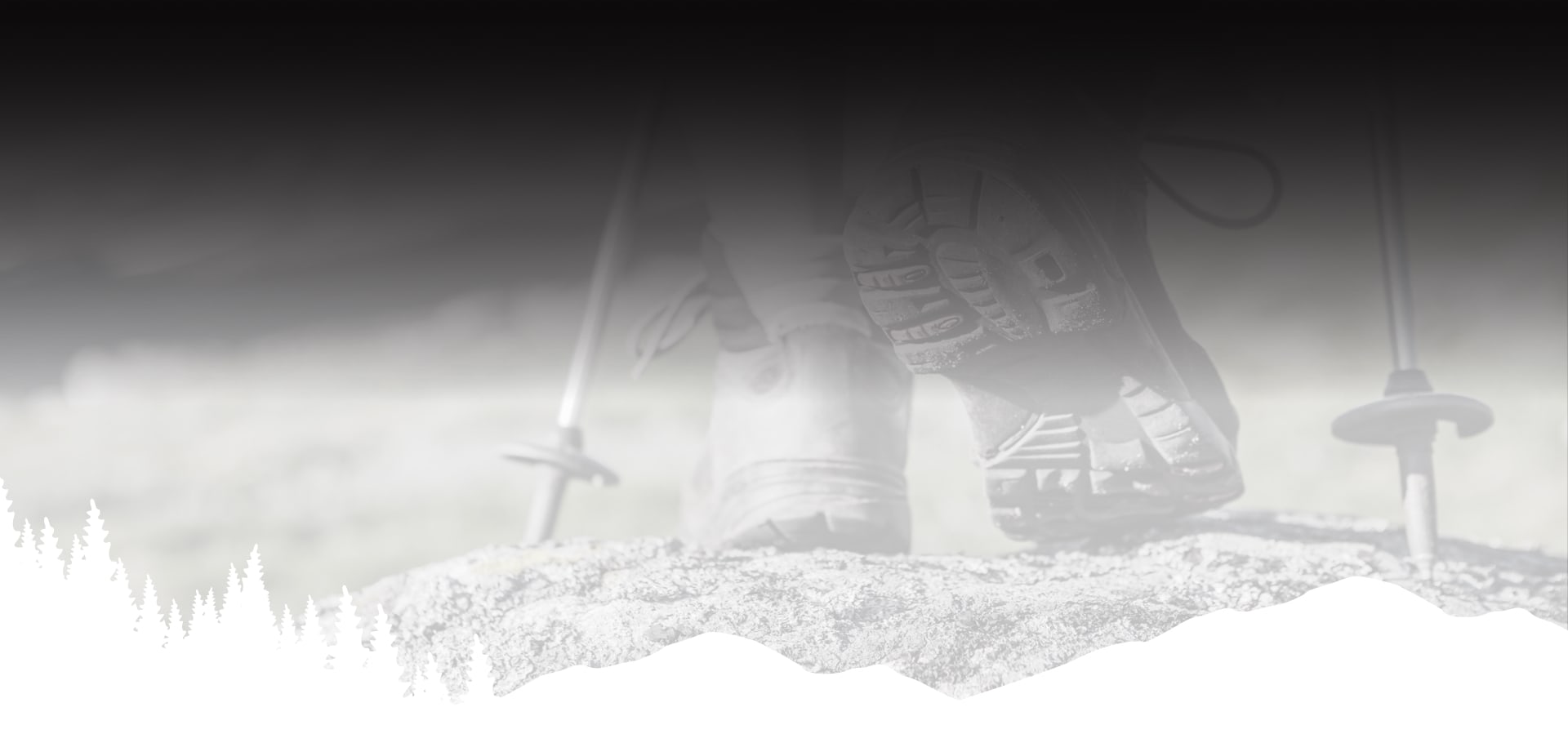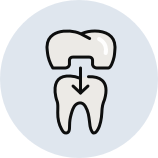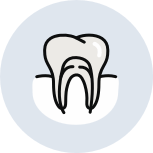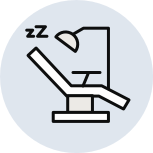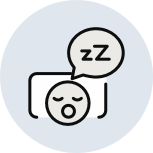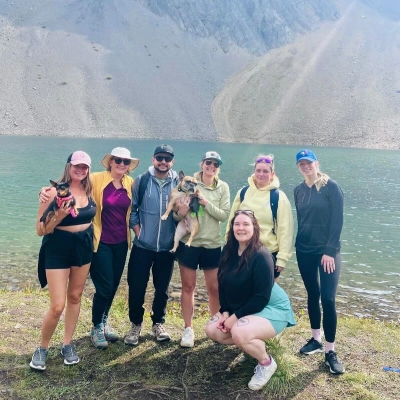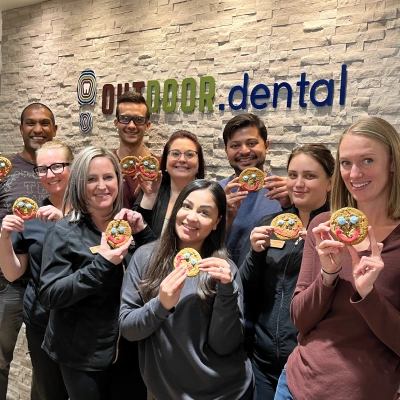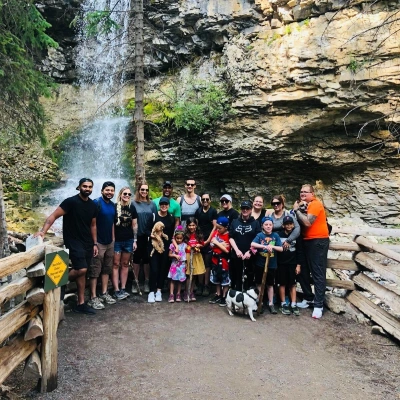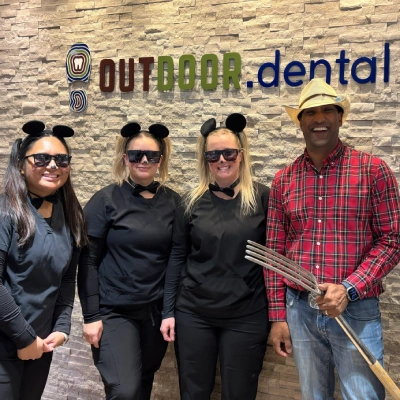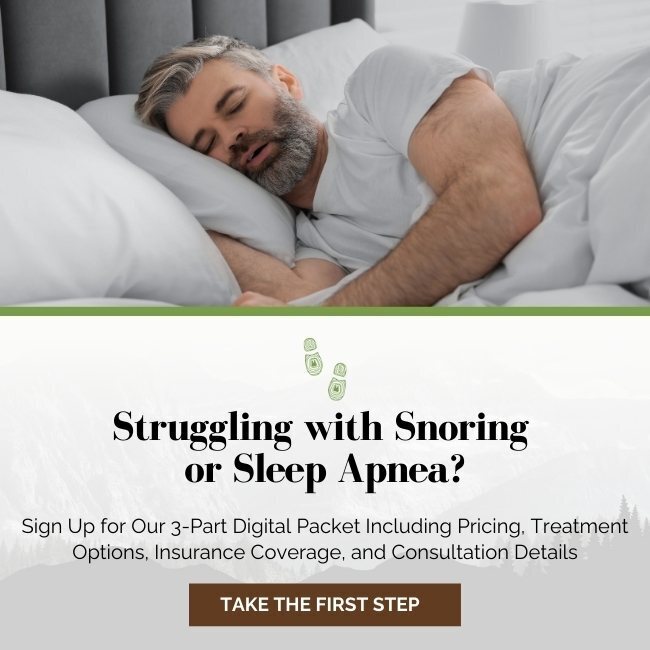When you think of sleep apnea, a loud, rumbling snore is probably the first thing that comes to mind. It’s a common connection people make, and for good reason. Snoring is a major sign of this sleep disorder. However, it’s not the only sign, and its absence doesn’t mean you’re in the clear.
You may be surprised to learn that you can have sleep apnea without making a sound at night. Yes, it is possible to have sleep apnea without snoring, a condition often called “silent” sleep apnea. This can make the disorder more difficult to recognize, but the impact on your health and daily energy remains just as serious.
The Connection Between Snoring & Sleep Apnea
Many people think sleep apnea and snoring always go hand-in-hand. While snoring is a very common symptom, it’s not a requirement for a diagnosis. The absence of this key sign can sometimes make the condition harder to spot, for both you and your partner.
What Is Sleep Apnea?
Sleep apnea is a sleep disorder where your breathing repeatedly stops and starts while you sleep. These pauses, known as apneic events, can happen many times an hour. This disrupts your sleep cycle and can prevent you from getting the deep, restorative rest you need to feel your best for a day of hiking or hitting the slopes.
Why Some Sleep Apnea Is Silent
There are different types of sleep apnea, which explains why some cases are silent. Obstructive sleep apnea occurs when your airway becomes physically blocked, which often produces the sound of snoring. Central sleep apnea, on the other hand, happens when your brain doesn’t send the correct signals to your breathing muscles, so you stop breathing without any blockage or sound.
Key Signs of Sleep Apnea Without the Snore
If you don’t snore, you might have other symptoms that point to a sleep disorder. It’s important to pay attention to how you feel during the day. These feelings are often the biggest clues that your sleep is being interrupted, even if you don’t remember waking up.
Some of the most common signs of silent sleep apnea include:
- Excessive daytime sleepiness, even after a full night in bed
- Waking up suddenly with a gasping or choking feeling
- Morning headaches that seem to have no other cause
- A consistently dry mouth or sore throat upon waking
- Difficulty with concentration, focus, or memory
- Irritability, anxiety, or other mood changes
Health Risks of Untreated Silent Sleep Apnea
Whether it’s silent or loud, untreated sleep apnea can affect your overall health. The repeated drops in your blood oxygen levels put a significant strain on your entire body. Ignoring the symptoms can lead to more serious issues down the road.
Impact on Your Heart & Blood Pressure
Sleep apnea can increase your risk of developing high blood pressure, heart problems, and even stroke. It forces your cardiovascular system to work harder all night long. This constant stress can take a toll over time.
Effects on Your Daily Life
Constant fatigue from poor sleep can affect nearly every aspect of your life. It can impact your performance at work, your mood, and your ability to do daily tasks safely, like driving. It can reduce your overall quality of life and leave you with little energy for the activities you love.
How to Find Out If You Have Sleep Apnea

Since silent sleep apnea has no obvious nighttime sounds, getting a proper diagnosis is key. This process usually starts with a simple conversation about your symptoms with a professional. From there, you can explore the next steps to get clear answers.
Talk with a Professional
The first step is to discuss your symptoms with a healthcare provider. Your dentist can be an excellent resource, as they are trained to screen for sleep apnea symptoms. We can review your signs and help guide you on what to do next.
Sleep Studies & Other Diagnostic Tools
A sleep study is the most common way to diagnose sleep apnea. This can be done at a sleep centre or with a take-home test that monitors your breathing, heart rate, and oxygen levels while you sleep. The results can give a clear picture of what’s happening during the night.
Treatment Options
Once diagnosed, several effective ways to manage sleep apnea are available. The goal of treatment is to keep your airway open so you can breathe consistently and get the restful sleep your body needs. Your dentist can help you explore comfortable and effective solutions.
Lifestyle Adjustments for Better Sleep
Simple changes can sometimes make a big difference in your symptoms. These adjustments can support professional treatment and improve your sleep quality:
- Sleep on your side instead of your back
- Maintain a healthy weight
- Avoid alcohol and sedatives before bed
- Quit smoking to reduce airway inflammation
Professional Treatment Solutions
For many people, lifestyle changes aren’t enough to resolve sleep apnea. Professional treatments from your dental team can offer more direct and reliable relief. This includes options like oral appliance therapy, a custom-fit device that helps keep your airway open, or modern laser procedures for mild cases.
How a Dentist Can Help
Dentists are trained to create and fit custom oral appliances, which are a popular and effective alternative to CPAP machines for many people. The team at your local dentist can assess if an oral appliance is right for you, sometimes in connection with orthodontic services. We focus on finding a solution that fits your lifestyle.
Get Better Sleep
If you’re experiencing any of the symptoms of silent sleep apnea, don’t wait to seek help. Taking the first step can lead to better sleep, improved health, and more energy for your life in Calgary. At Outdoor Dental, we can screen for obstructive sleep apnea and help you understand your options for treatment.
Get the thorough dental care you deserve by booking an appointment with our trusted dentists today!


